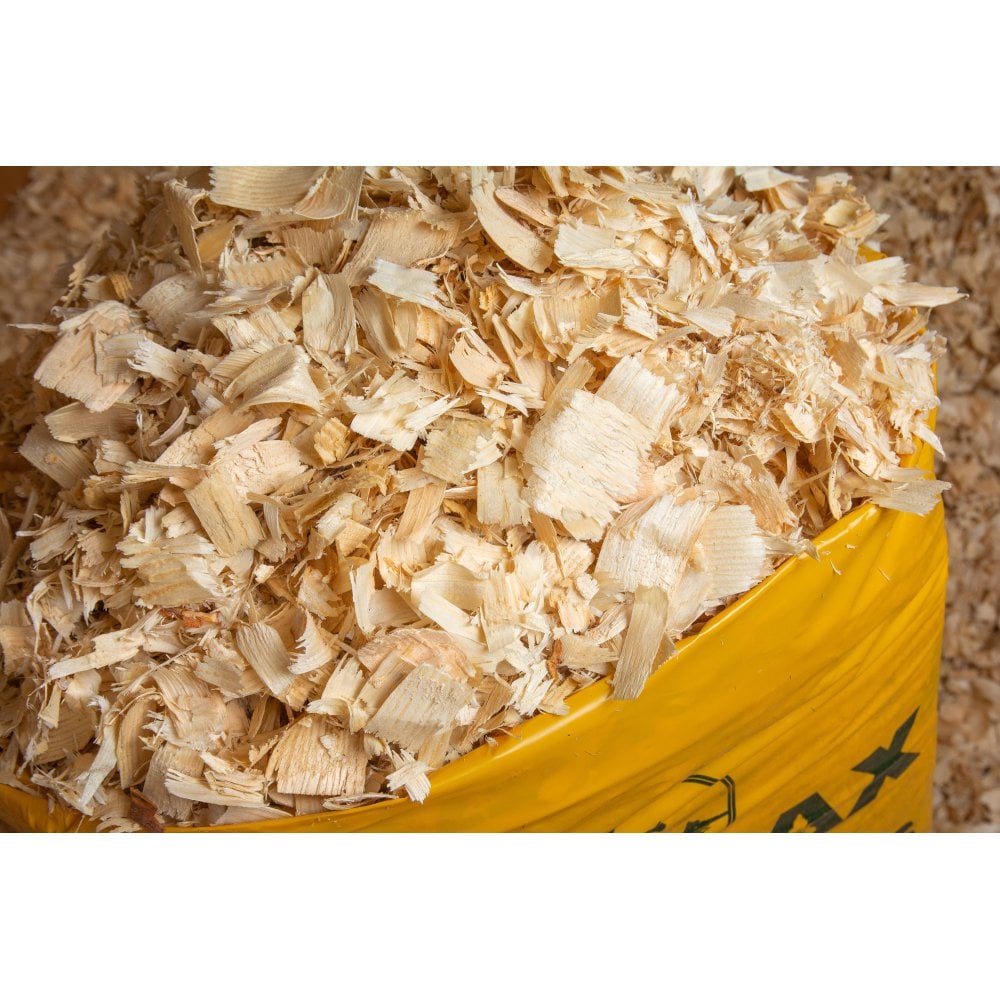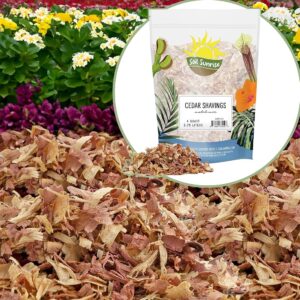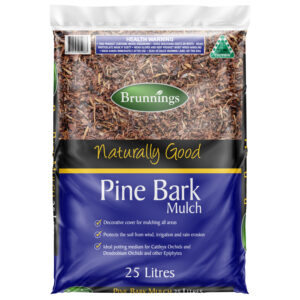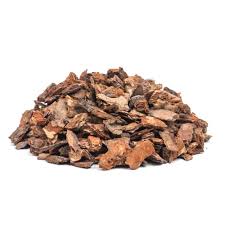Product description
Wood Chips: A Versatile and Sustainable Resource
Wood chips are small, uniformly sized pieces of wood produced from the by-products of forestry and wood processing industries. They are a versatile, eco-friendly material used in a wide range of applications, including gardening, landscaping, playground surfacing, biomass fuel, and animal bedding. Their ability to retain moisture, regulate soil temperature, and improve soil health makes them an invaluable resource for various uses while promoting sustainability.
Production of Wood Chips
Wood chips are typically produced from logs, branches, or wood waste that is shredded or chipped into small, even-sized pieces. This process involves feeding wood through large industrial chippers, which cut the wood into chips of varying sizes, usually between 20 to 50 mm. The chips are made from a wide variety of wood species, including hardwoods like oak and maple, as well as softwoods like pine and spruce. Wood chips from different species may vary in appearance, texture, and composition, offering unique properties depending on the intended use.
Gardening and Landscaping
One of the most common uses for wood chips is as mulch in gardens and landscaping. When applied to garden beds, wood chips provide several benefits: they help retain moisture by reducing evaporation, suppress weed growth by blocking sunlight, and regulate soil temperature, keeping plant roots cool in the summer and insulated during the winter.
As wood chips break down over time, they enrich the soil by adding organic matter, improving soil structure, and promoting healthy microbial activity. This decomposition process contributes nutrients to the soil, fostering plant growth and enhancing soil fertility. Wood chip mulch is also aesthetically pleasing, offering a natural, tidy look to garden beds and pathways.
Playground Surfacing
Wood chips are widely used as a surface material in playgrounds due to their cushioning properties. When spread over playgrounds, they provide a soft, shock-absorbing surface that helps reduce the impact of falls, enhancing safety for children. Wood chips used for this purpose are often processed to be free of sharp objects or contaminants, ensuring they meet safety standards for playground surfacing.
Biomass Fuel
Wood chips are a renewable and efficient source of energy. They are commonly used in biomass power plants, where they are burned to produce heat or electricity. Wood chip boilers and stoves can also be used for heating homes and commercial buildings, providing an eco-friendly alternative to fossil fuels. Since wood chips are sourced from sustainable forestry practices and wood industry by-products, they are considered a carbon-neutral fuel.
Animal Bedding
In farming and animal husbandry, wood chips serve as an excellent bedding material for livestock. Their absorbent nature helps to control moisture and odors, creating a clean and comfortable environment for animals. The wood chips are easy to spread, replace, and compost, making them a practical choice for farms and pet owners.
Conclusion
Wood chips are a highly versatile and sustainable material with wide-ranging applications in gardening, energy production, playground safety, and animal care. Their natural, biodegradable qualities and ability to enhance soil health or serve as biomass fuel make them an eco-friendly choice. Whether used as mulch in a garden, as a soft surface for playgrounds, or as a renewable fuel source, wood chips offer practical solutions that benefit both users and the environment.





